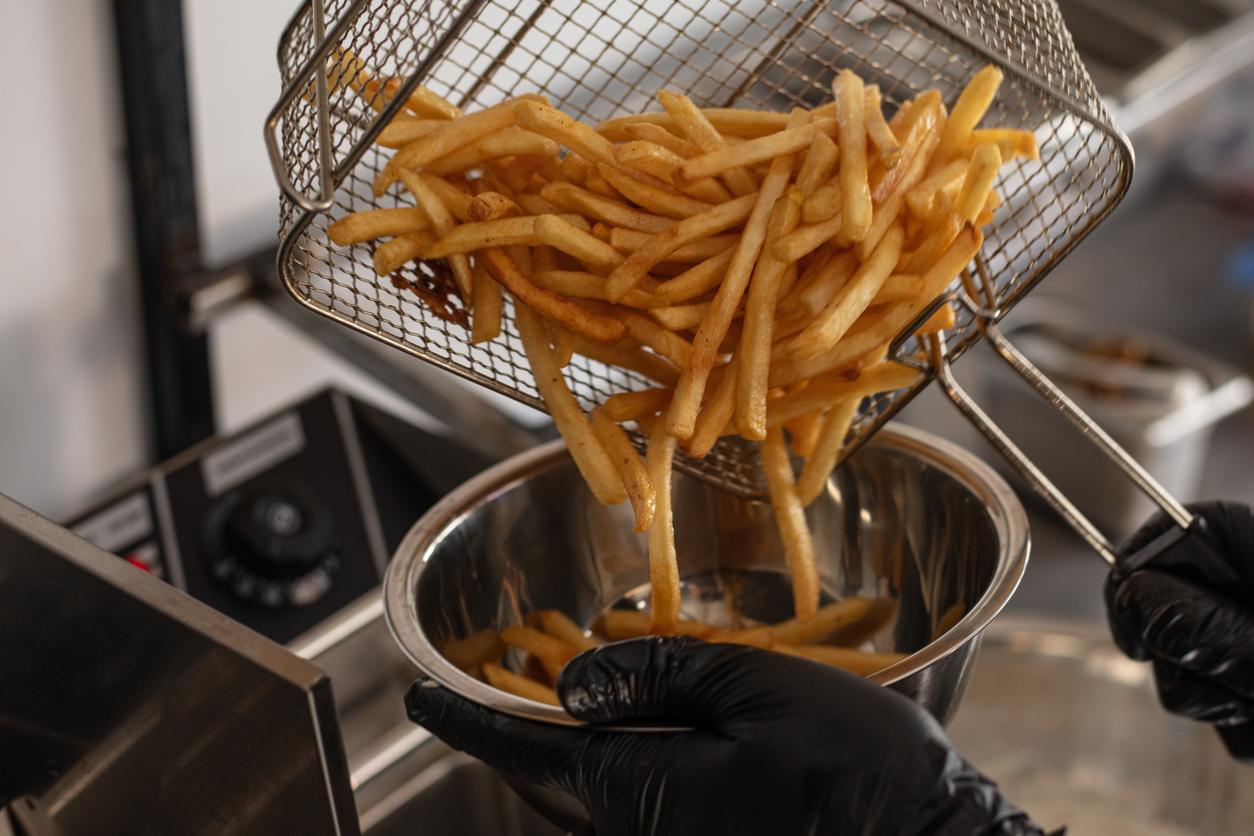Christmas is fast approaching and, like every year, a fundamental question arises: “what do we eat for New Year’s Eve?”. To help us make the right choices, the NGO Foodwatch has screened several party products, and identified 10 scams to avoid – because they are bad for your health and/or your wallet.
On the health side, Foodwatch first advises against Carrefour Extra lumpfish roe : there are 5 additives including caramel with ammonium sulphite E150d which may contain a substance suspected of being carcinogenic.
It is then the turn of aperitif macaroons with a block of Labeyrie duck foie gras to be pinned down: these contain sodium nitrite (E250). During the digestion process, this preservative leads to the formation of nitrosamines in the body: however, 4 nitrosamines are classified as probable carcinogens (with, in particular, a supposed increased risk of colon cancer). In addition, ANSES has estimated since 2021 that E250 could be an endocrine disruptor…
Products that harm health, the planet and our wallet
Now come the Christmas trees in winter from Blini, made from palm oil: in addition to its ecological impact, this oil promotes the accumulation of “bad” cholesterol in the body, thus increasing the risk of cardiovascular disease. Same for the Milka-Oreo chocolate snowballsto flee for the same reason.
On the ecological side, Foodwatch also advises against sliced Auchan smoked salmon (55% of the product is empty, with a problem of overpacking), the Roast turkey with Maître CoQ morels (which only contains 0.9% of morels, a bit sparse!), the Findus Truffle Duchess Potatoes (with a half-empty sachet, which misleads the consumer on the real quantity of product), the fleur de sel from Guérande Larnaudie (which costs 6 times more per kilo than a “classic” fleur de sel) and the Nestlé signature large chocolate log (again, an almost entirely empty packaging).
Icing on the cake: the Lindt Pyreneeswhich have reduced their capacity by 20% (24 chocolates this year, against 30 previously) while increasing their price per kilo by 18%… Scam, did you say “scam”?
Source : food watch
















